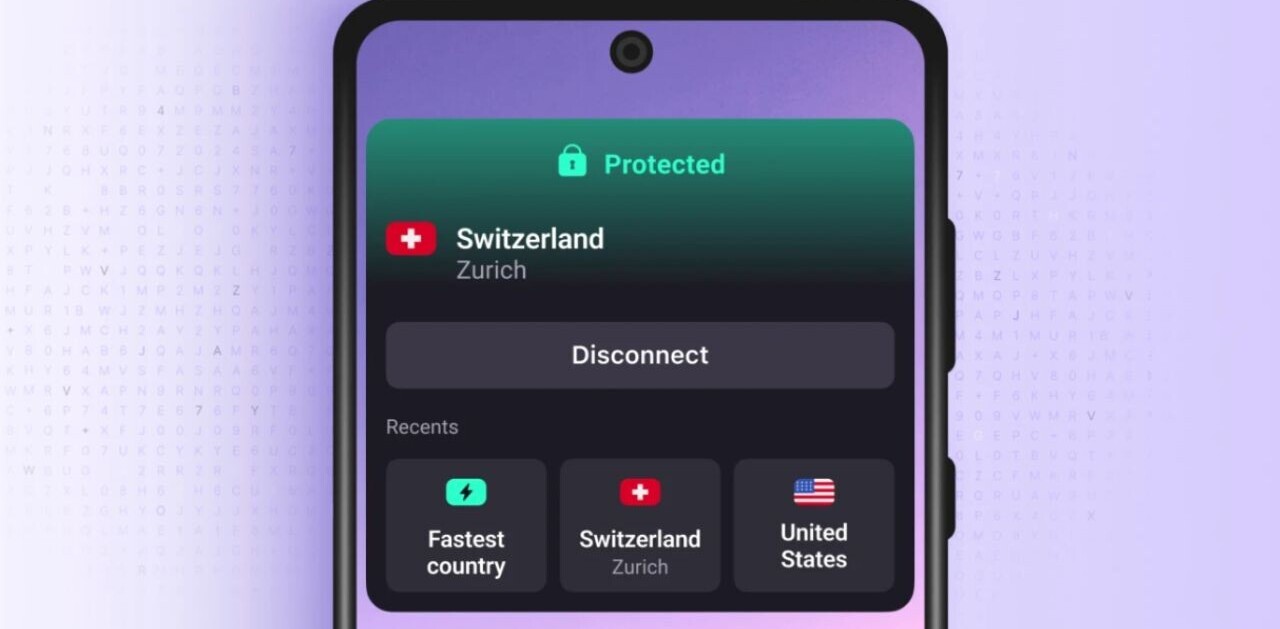Google is making it easier for YouTube creators to engage with their audience and quickly reply to comments under their videos.
The company is rolling out Smart Reply — an AI-powered feature designed to help users generate appropriate replies without actually typing — to YouTube Studio. Here’s what the implementation looks like:
Unlike Smart Reply for Gmail, YouTube’s integration supports multiple languages. For the time being, Smart Reply for creators only works in English and Spanish, but it seems Google plans to add more options in the future.
In a blog post, Google researchers explained they had to come up with a whole new language-processing model to accommodate for the common usage of emoji on YouTube. As a result, the feature will also suggest replies containing emoji.
“In comparison to emails, which tend to be long and dominated by formal language, YouTube comments reveal complex patterns of language switching, abbreviated words, slang, inconsistent usage of punctuation, and heavy utilization of emoji,” the blog post says.
The researchers add that Smart Reply has been fine-tuned to only work for comments Google thinks creators are likely to engage with. That might also explain why 9to5Google reports the feature only seems to work for some comments.
“Our goal is to help creators, so we have to make sure that SmartReply only makes suggestions when it is very likely to be useful,” the blog post reads. “Ideally, suggestions would only be displayed when it is likely that the creator would reply to the comment and when the model has a high chance of providing a sensible and specific response.”
My colleague Abhimanyu Ghoshal has been a vocal supporter of Smart Reply, which helped him stop ignoring emails. In the case of YouTube, though, the tool will make it a lot easier for creators to engage with their community without spending a lifetime to personally type out each response.
In other news, Google is also experimenting with extending its Smart Compose feature — which helps Gboard users complete their sentences without actually typing — to messaging apps like Telegram and WhatsApp. So in case you were itching to outsource the tedious task of conversing with people to robots, you absolutely can (and perhaps should).
Get the TNW newsletter
Get the most important tech news in your inbox each week.






